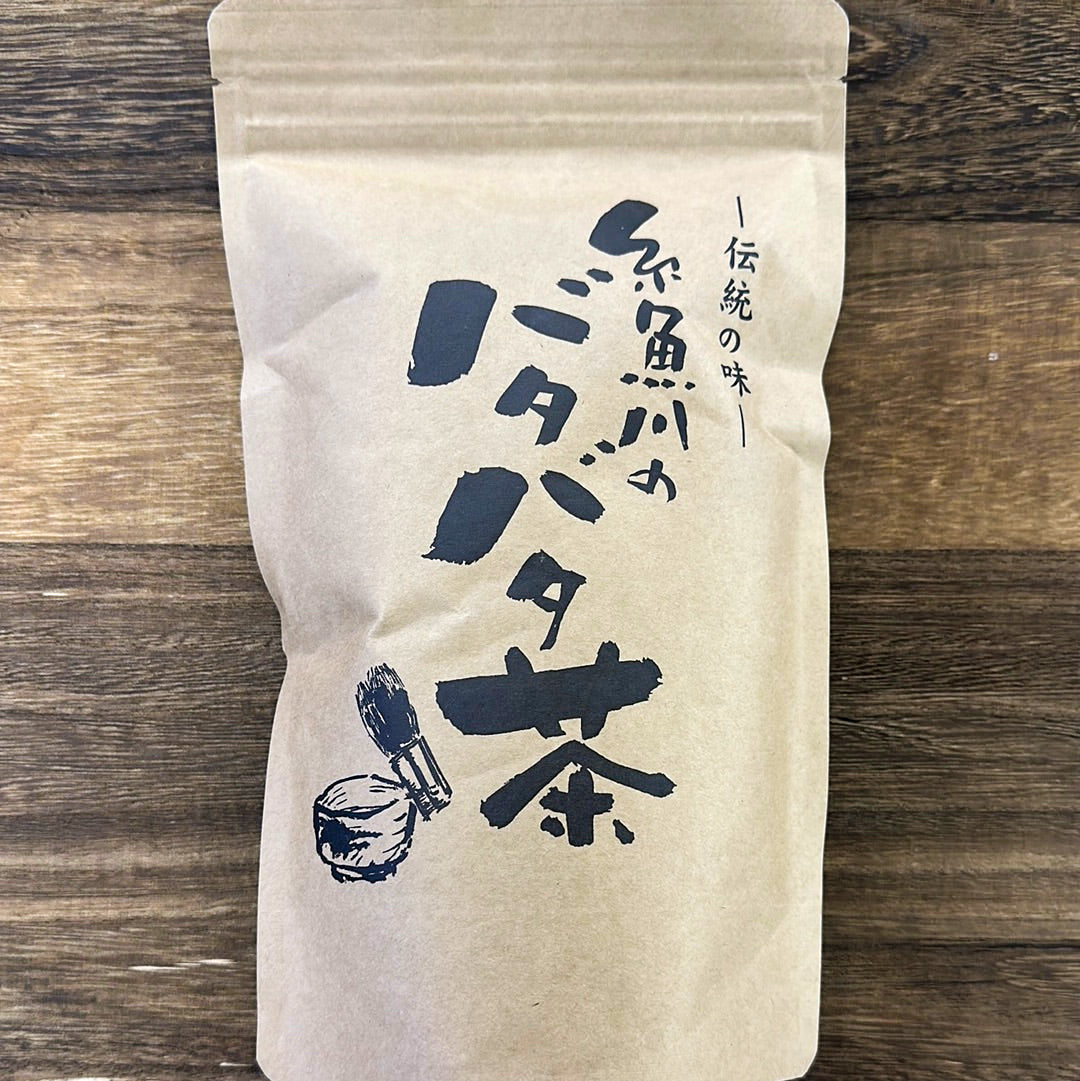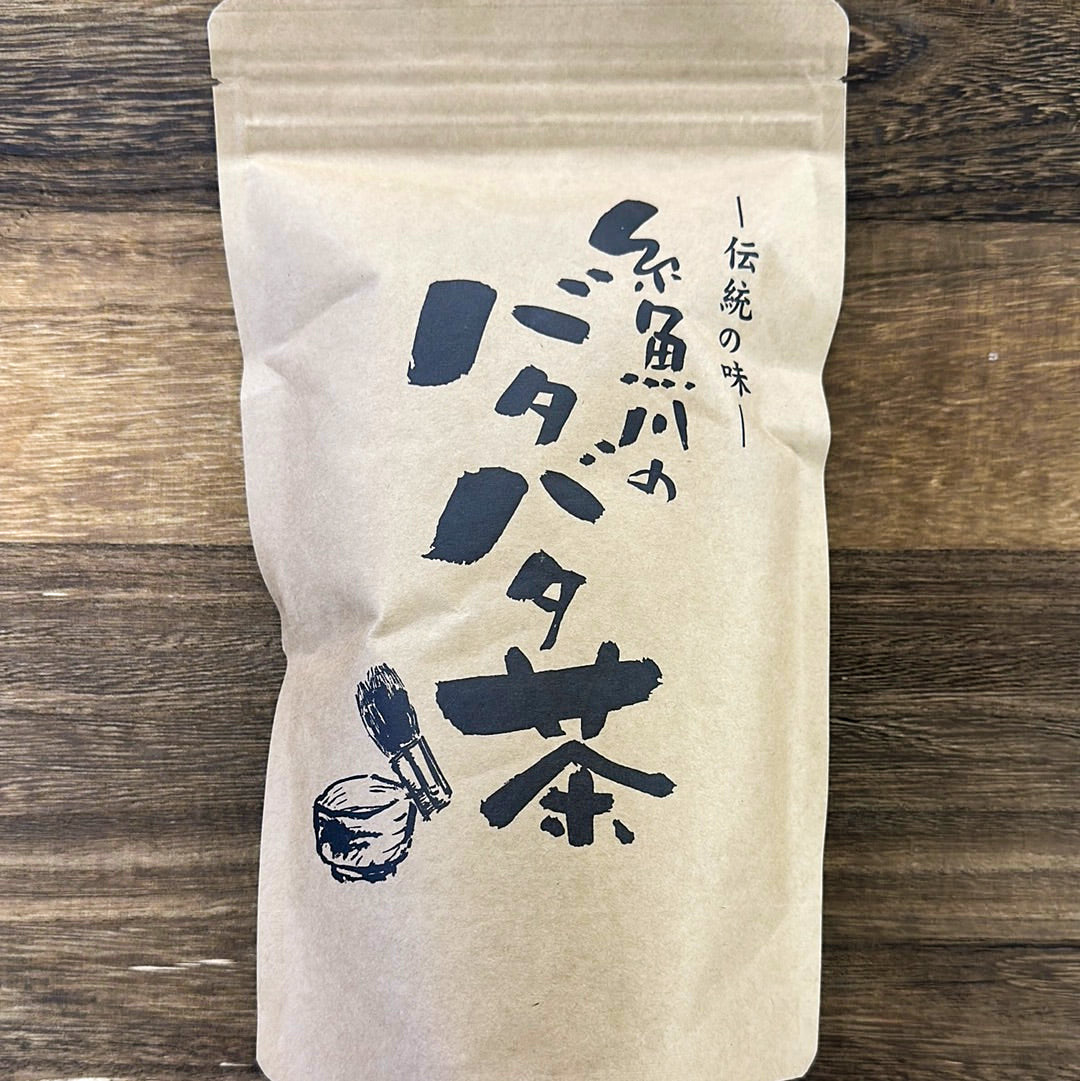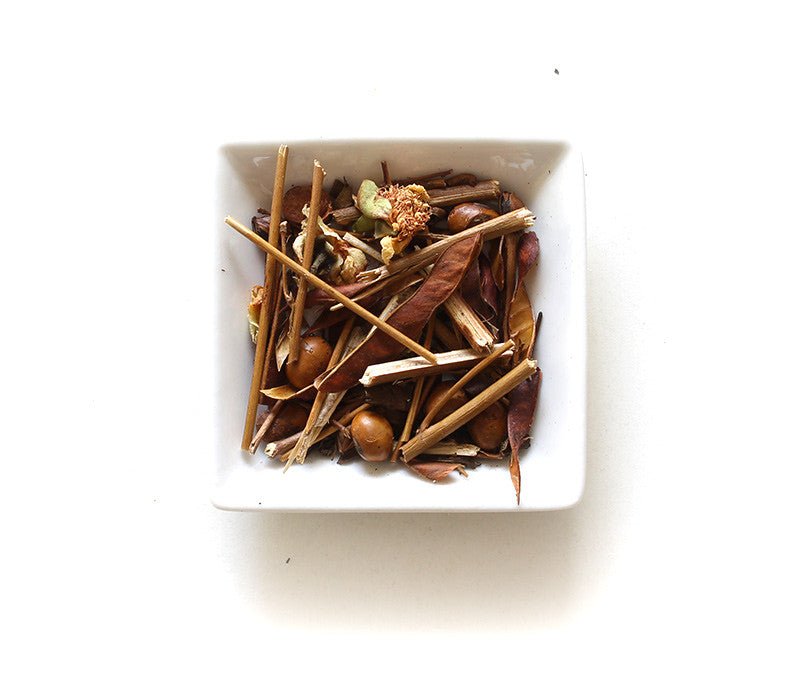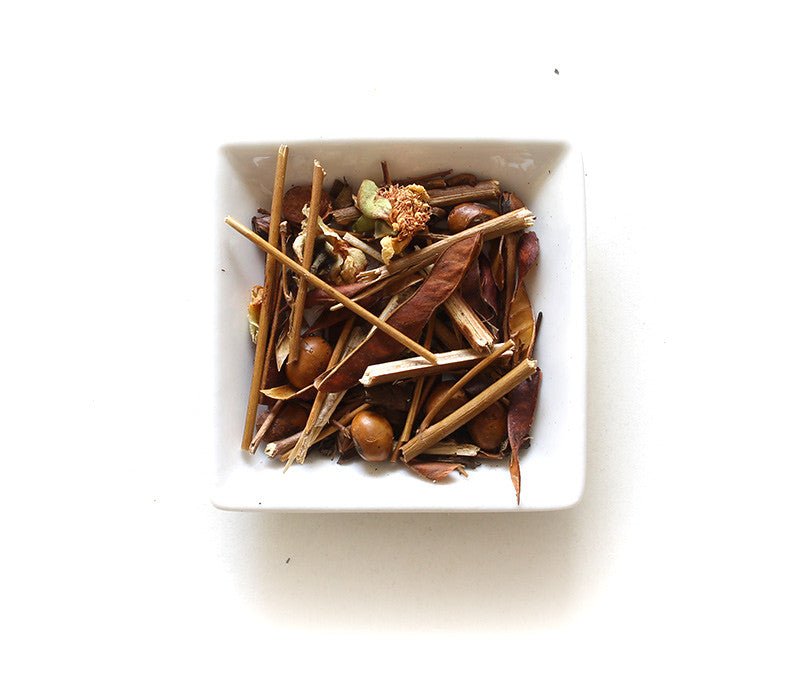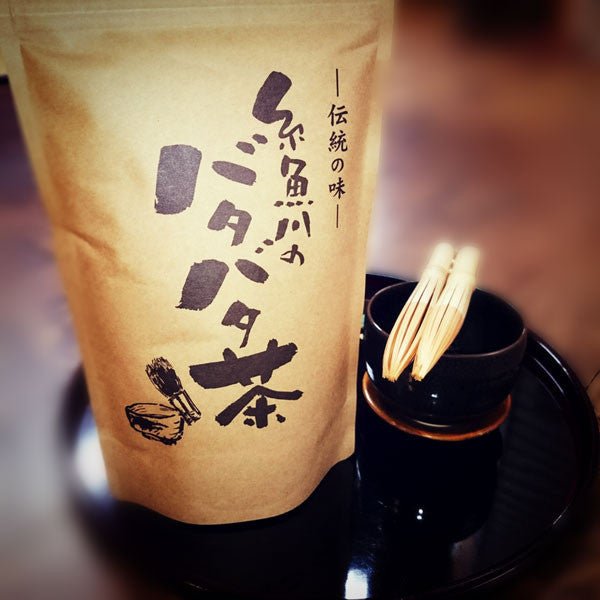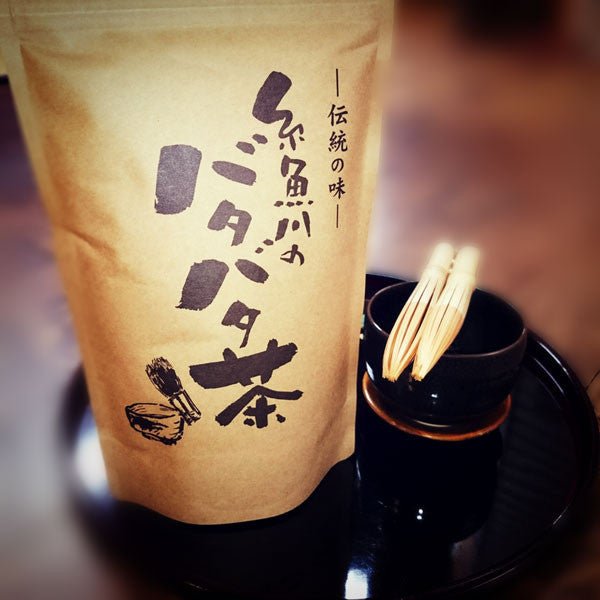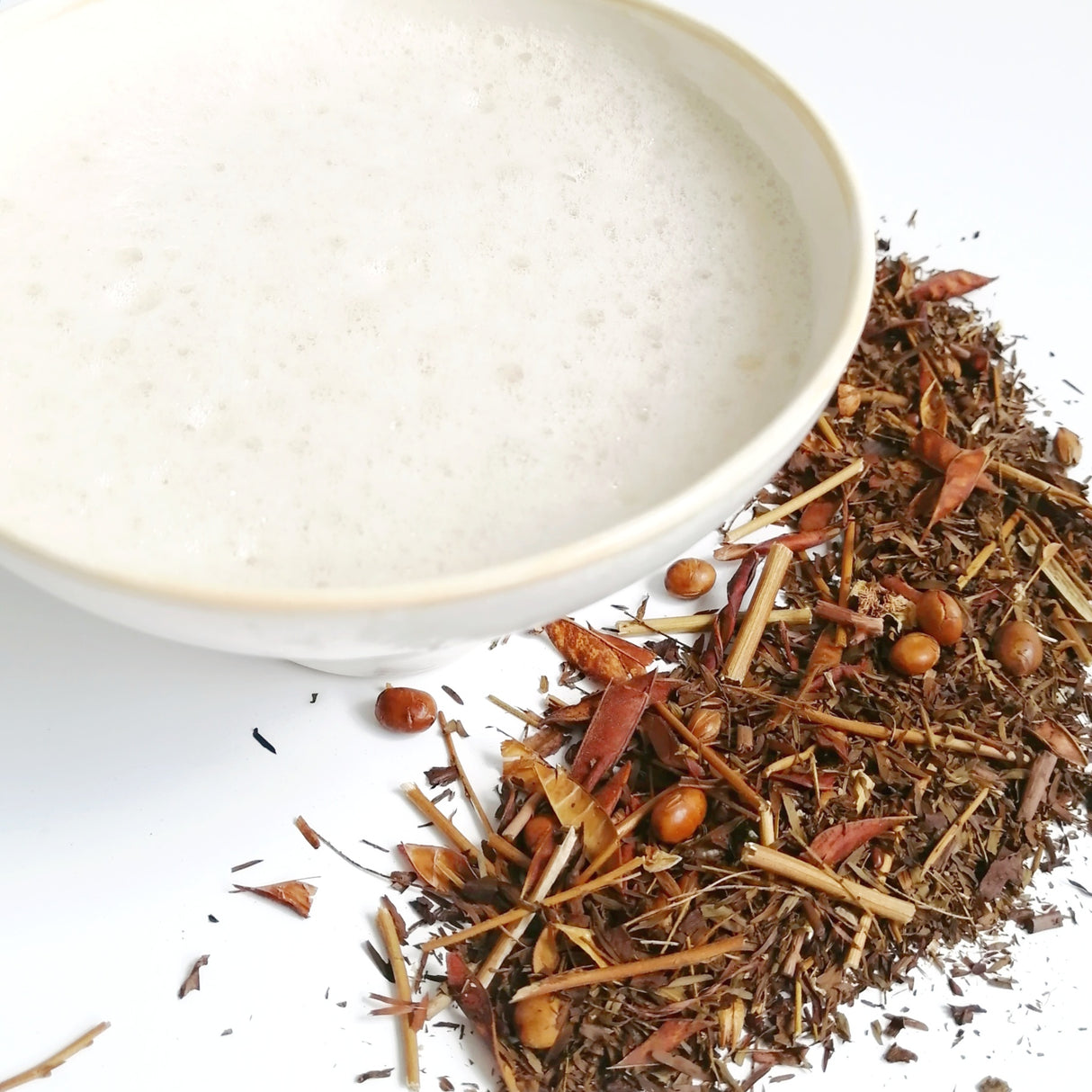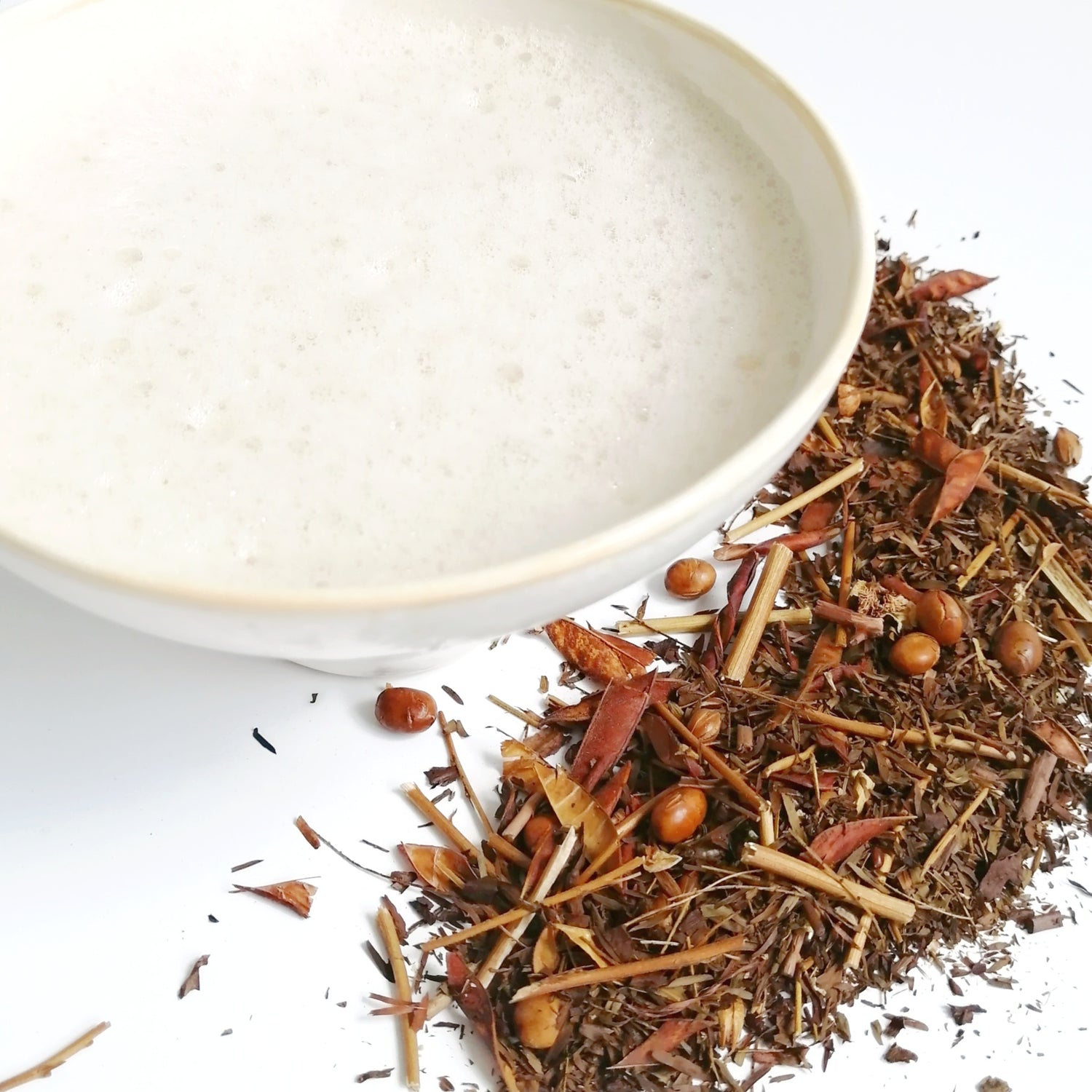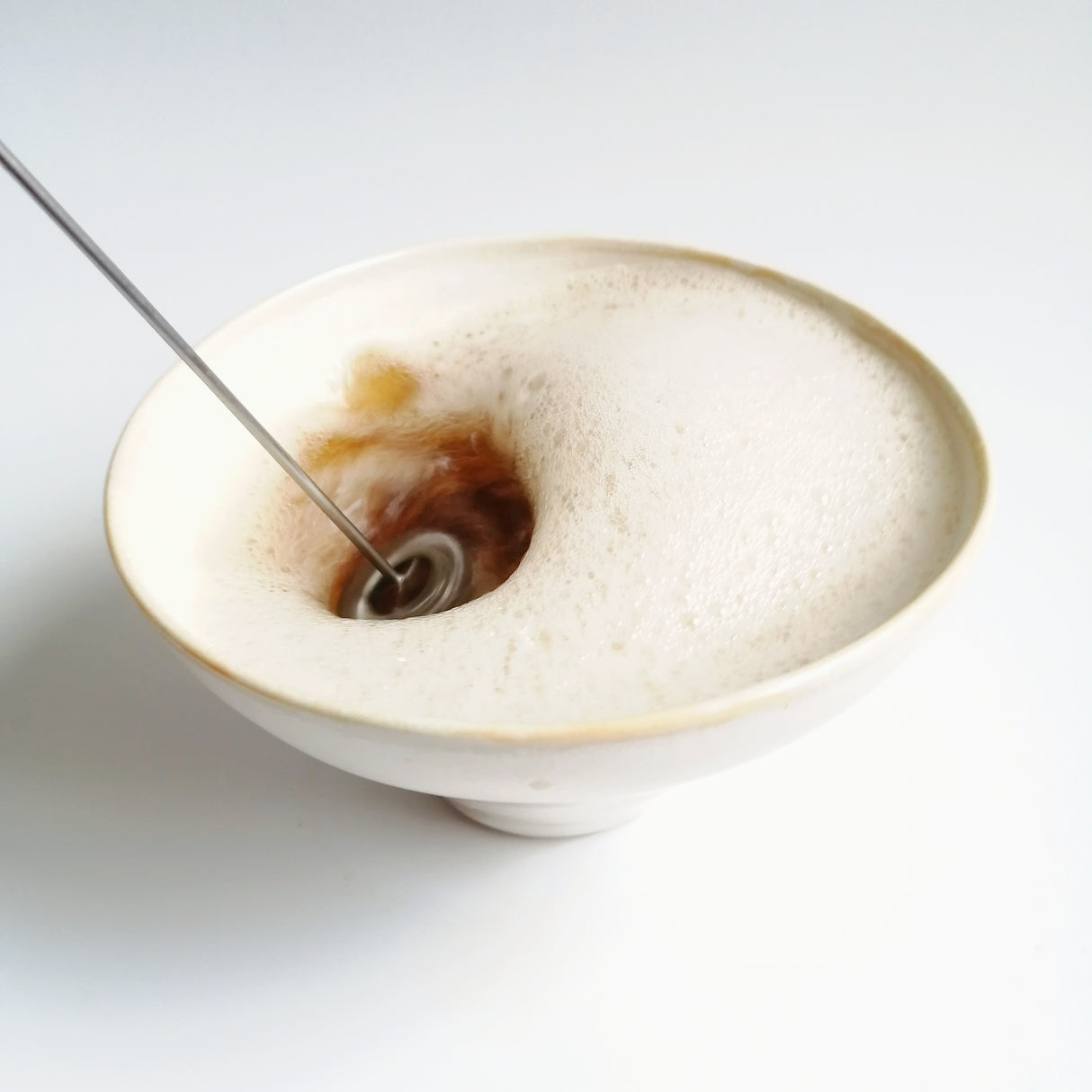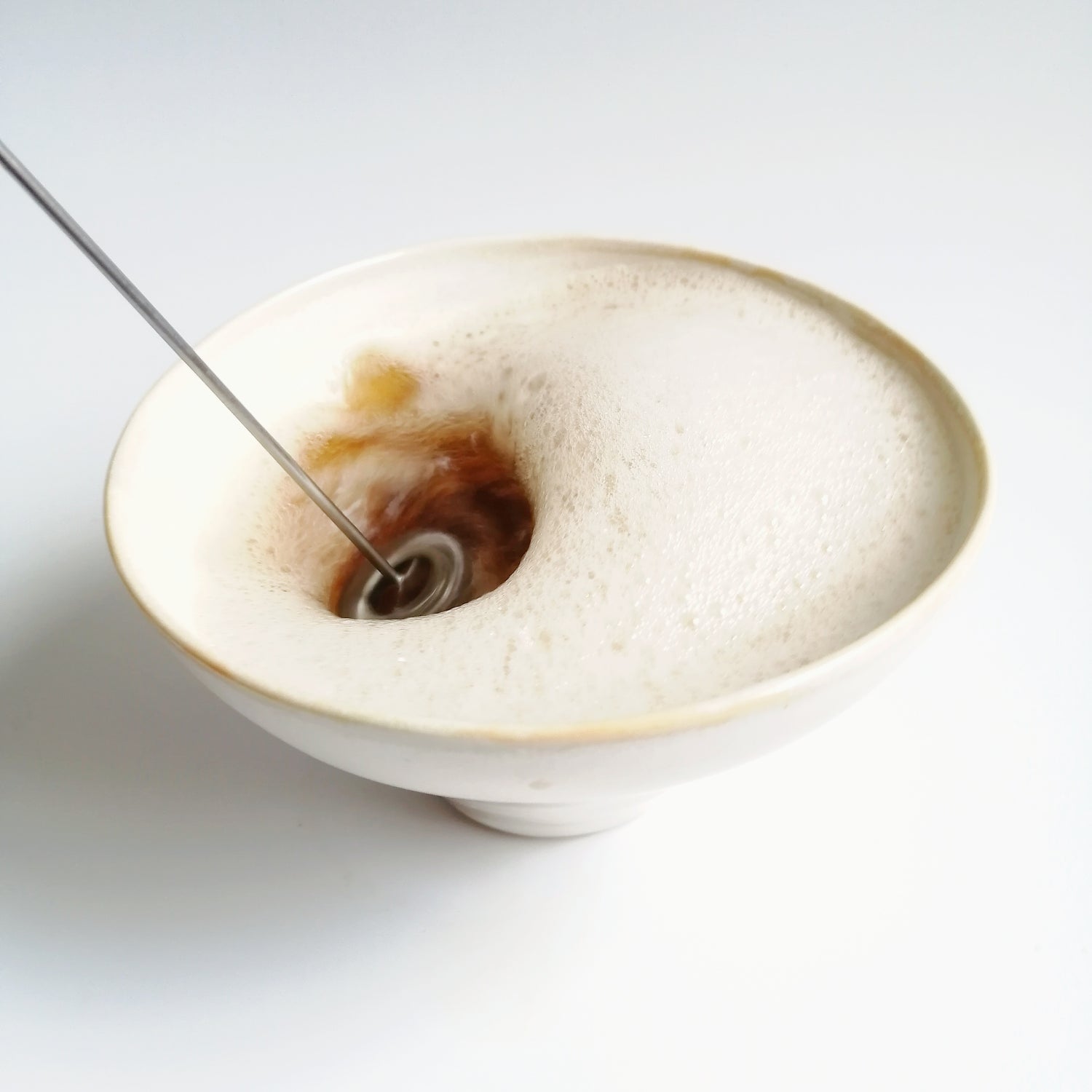Shipping Methods & Delivery Guarantee
Shipping Methods & Delivery Guarantee
Shipping fees vary by country, courier, weight, and method.
Place items into your inventory and go to the CART page to see the shipping estimate calculator. For some countries, we may need to manually calculate fees after purchase.
YUNOMI.LIFE'S DELIVERY GUARANTEE: We guarantee delivery for all orders shipped by airmail with a tracking number. (Conditions apply. Exceptions when notified.) Occasionally, orders may require additional customs processing for import. We will aid you to the fullest extent of our ability. If your order does not arrive within ONE month from shipment due to no fault of your own, we will replace or refund your order at no extra cost. We reserve the right to refuse shipment if we think delivery to your address may be difficult. This guarantee does not apply if recipient neglects or refuses to pay customs fees & import taxes, neglects to retrieve an order held at a post office or distribution center, or if the order is not deliverable due to a wrong address. Yunomi.life's Delivery Guarantee does not apply to wholesale purchases.
#0607.N4 Seikoen Tea Factory: Itoigawa Batabatacha Traditional Herbal Blend 古くから糸魚川に伝わる「バタバタ茶」
#0607.N4 Seikoen Tea Factory: Itoigawa Batabatacha Traditional Herbal Blend 古くから糸魚川に伝わる「バタバタ茶」 - 10g / 0.35 oz / Yunomi sample bag <-- Procured or produced on demand. PREORDER now to get started.
Couldn't load pickup availability
If item is out of stock, add it to your wishlist to be notified by email as soon as item can be purchased.
"Batabatacha" (also known as "tatecha" or "furicha") is one of the local traditional banchas of Japan that has been historically enjoyed in the Itoigawa (Niigata prefecture) region for a long time. Batabatacha is a fermented tea that is said to have originated in the neighboring prefecture of Toyama Prefecture in the town of Asahimachi Birudan. Today, it is a very rare tea.
This batabatacha from Seikoen is a tea drinking tradition from the Itoigawa Town, made by boiling a blend of batabatacha, roasted soybeans, hojicha (roasted tea), and tea flowers. Then, adding a tiny bit of salt, and whipping the drink with a special chasen, kind of like one would do to make matcha. (See video)
It is said that the unique name, "batabata" comes from the sound of making this particular tea or the rushing hours of the morning. In Japanese, "batabata" is one of the onomatopoeias that signifies commotion and when used as an adverb, can mean flapping, rattling or cluttering (noises).
Note: The special bamboo batabata-cha chasen that is used to make this tea is available through Seikoen.
Flavor Notes
Using more modern steeping parameters, the tea offers a toasty base flavor with a note of herbs and a strong buttery aftertaste.
Steeping Recomendation
- Tea: 5 grams
- Time: 3 minutes
- Water: Hot water (tasting notes above used 90C/195F degrees), 400 ml
Product Info
- Ingredients: Kawara ketsumei (Chamaecrista nomame), roasted soybeans, roasted green tea (hojicha), barley tea, tea flowers (camellia sinensis flowers).
- Region: Itoigawa, Niigata Prefecture
Vendor Info
- Name: Seikoen Tea Factory
- Type: Tea Finishing Factory based in Northern Japan
- President: Yoshiyuki Matsuki
-
Location: Ichinomiya 4-1-6 Itoigawa, Niigata 941-0056, Japan
-
RegionNiigata - 新潟県
-
Vendor TypeFactory
Payment & Security
Payment methods
Your payment information is processed securely. We do not store credit card details nor have access to your credit card information.







